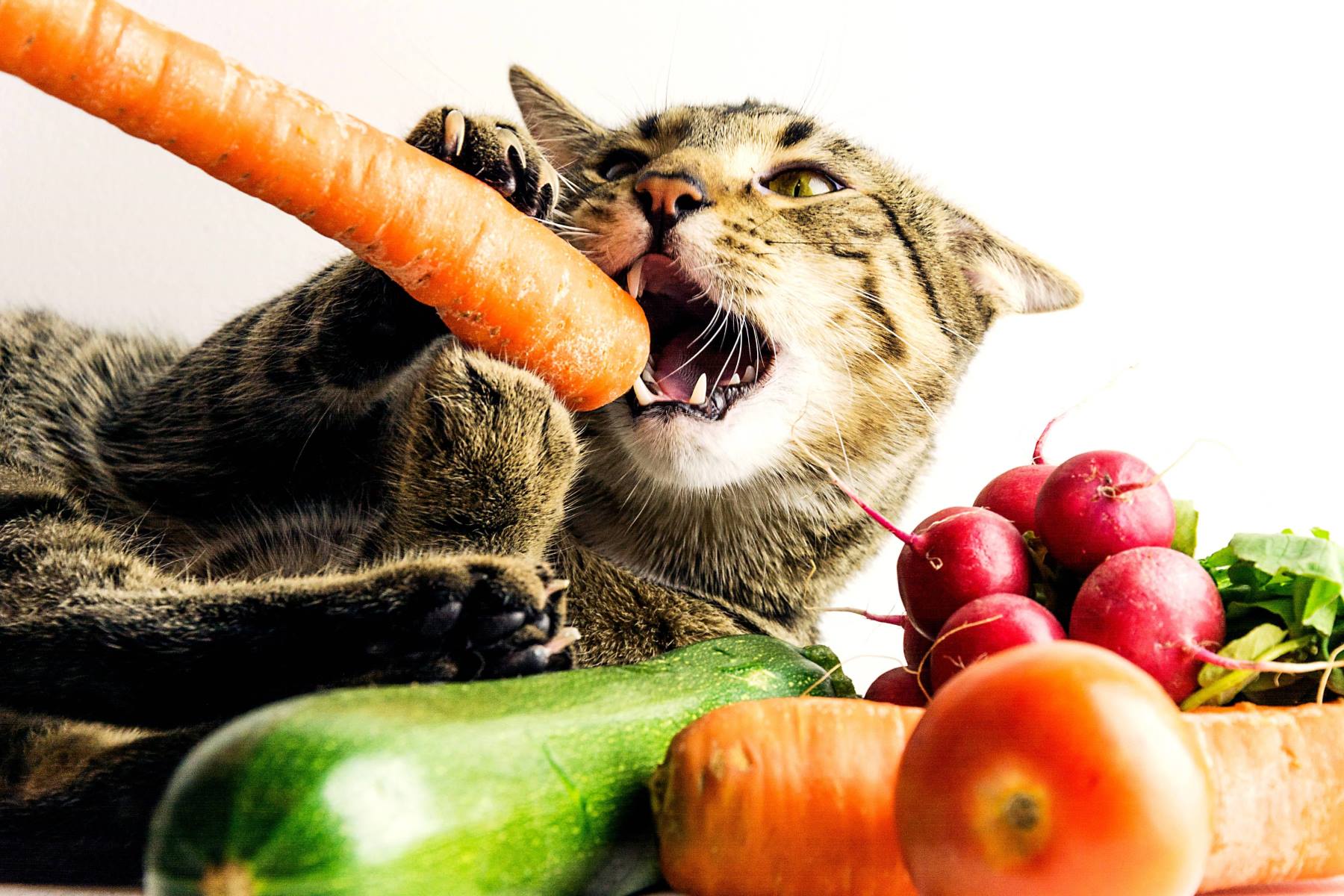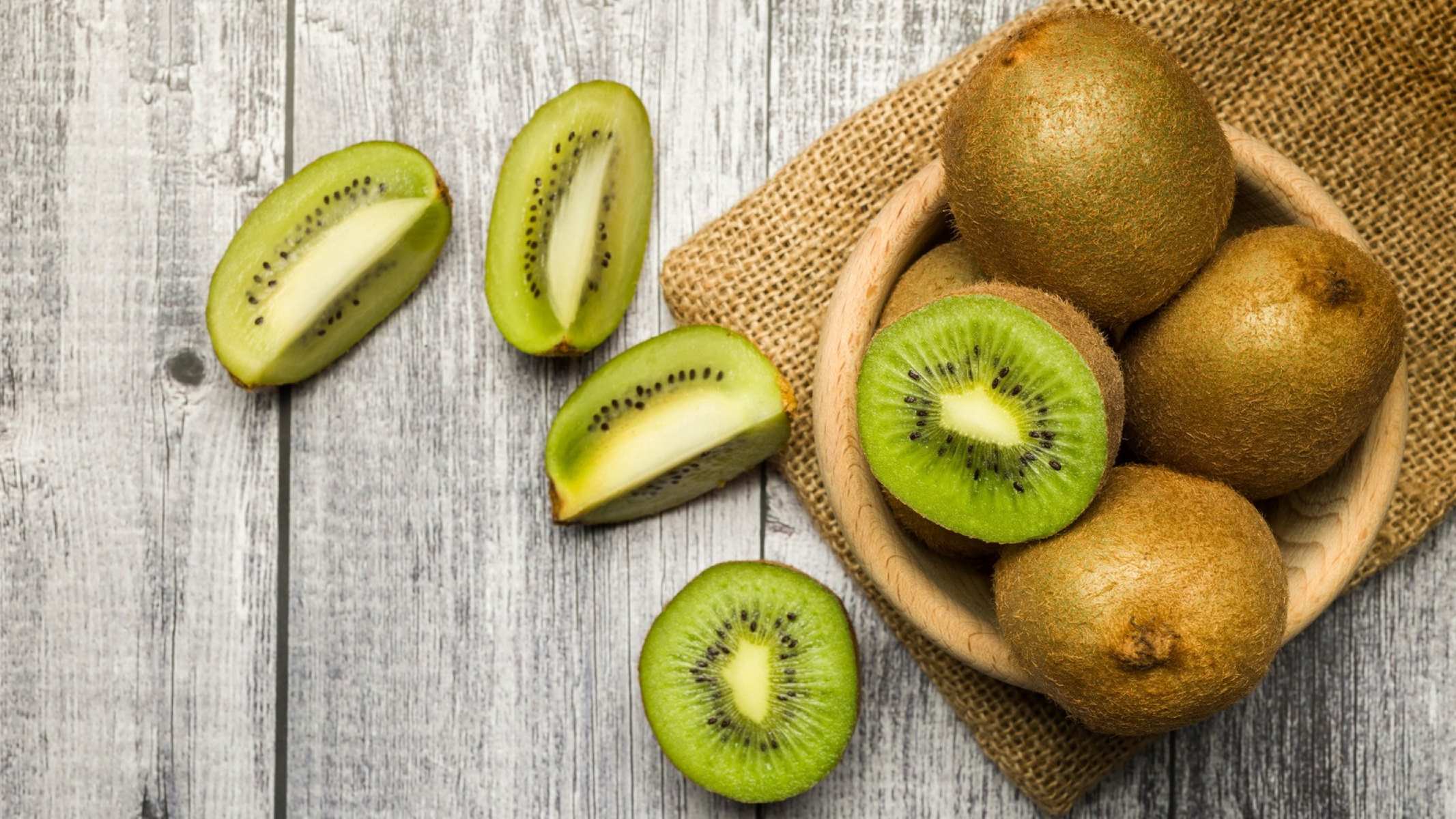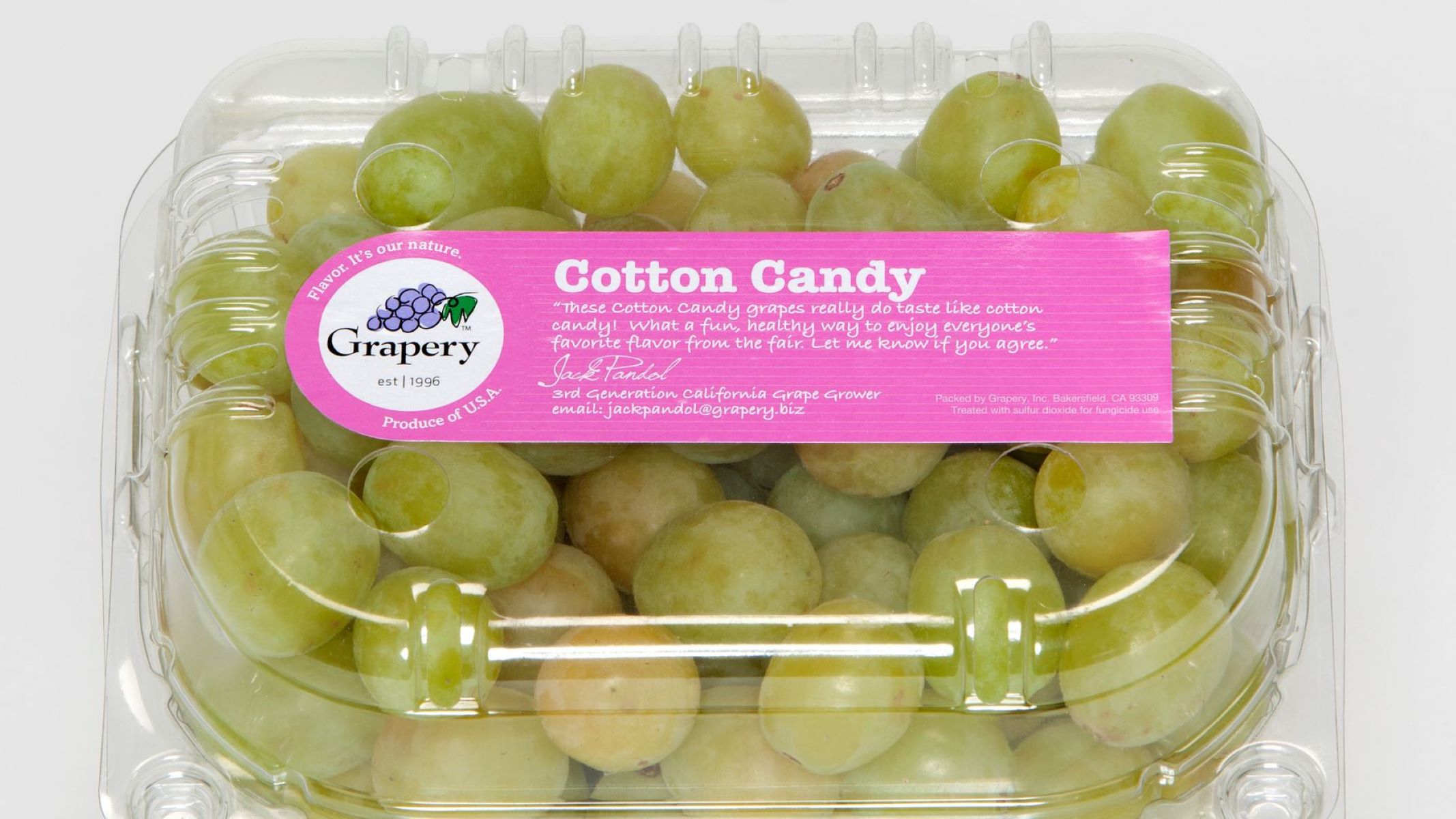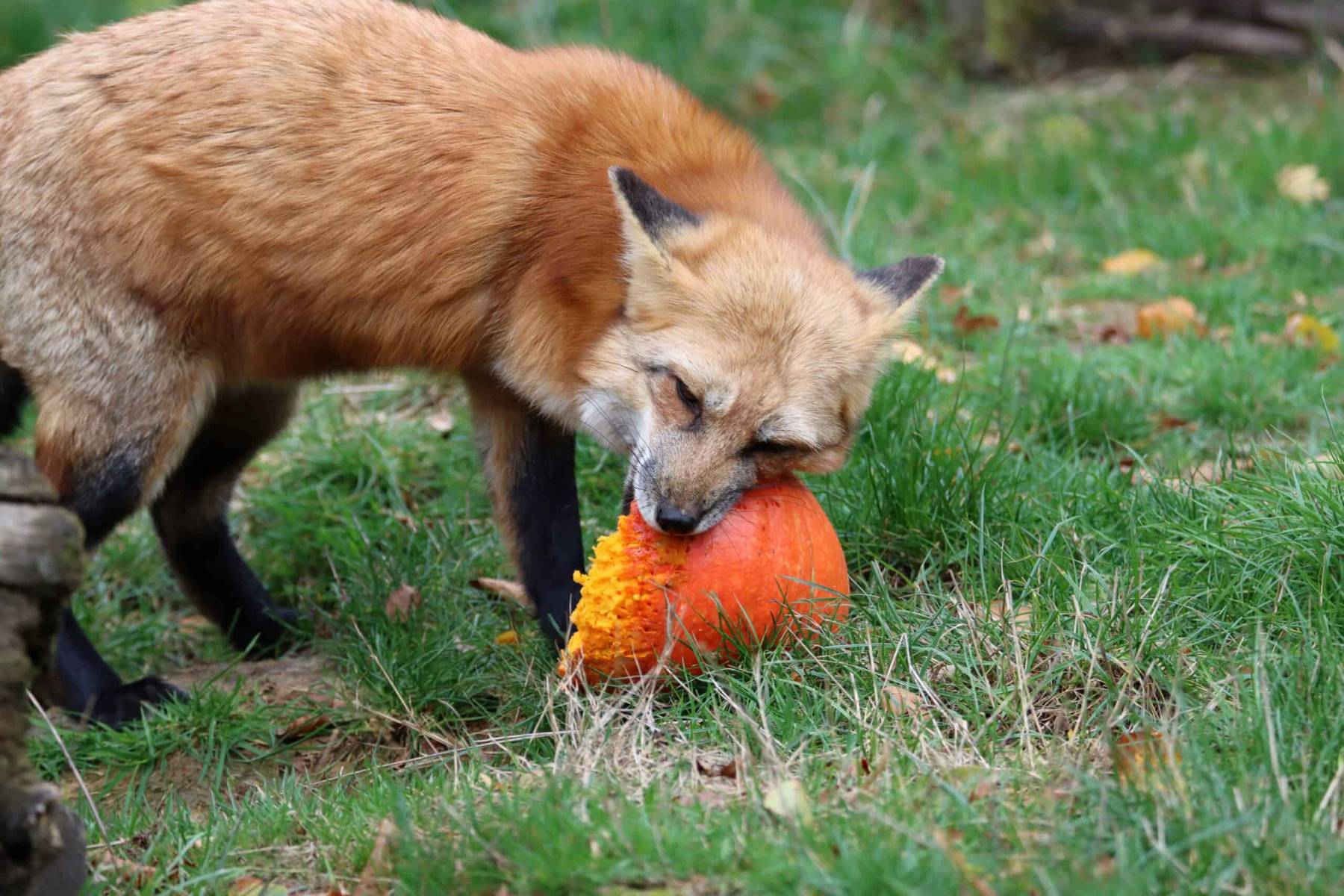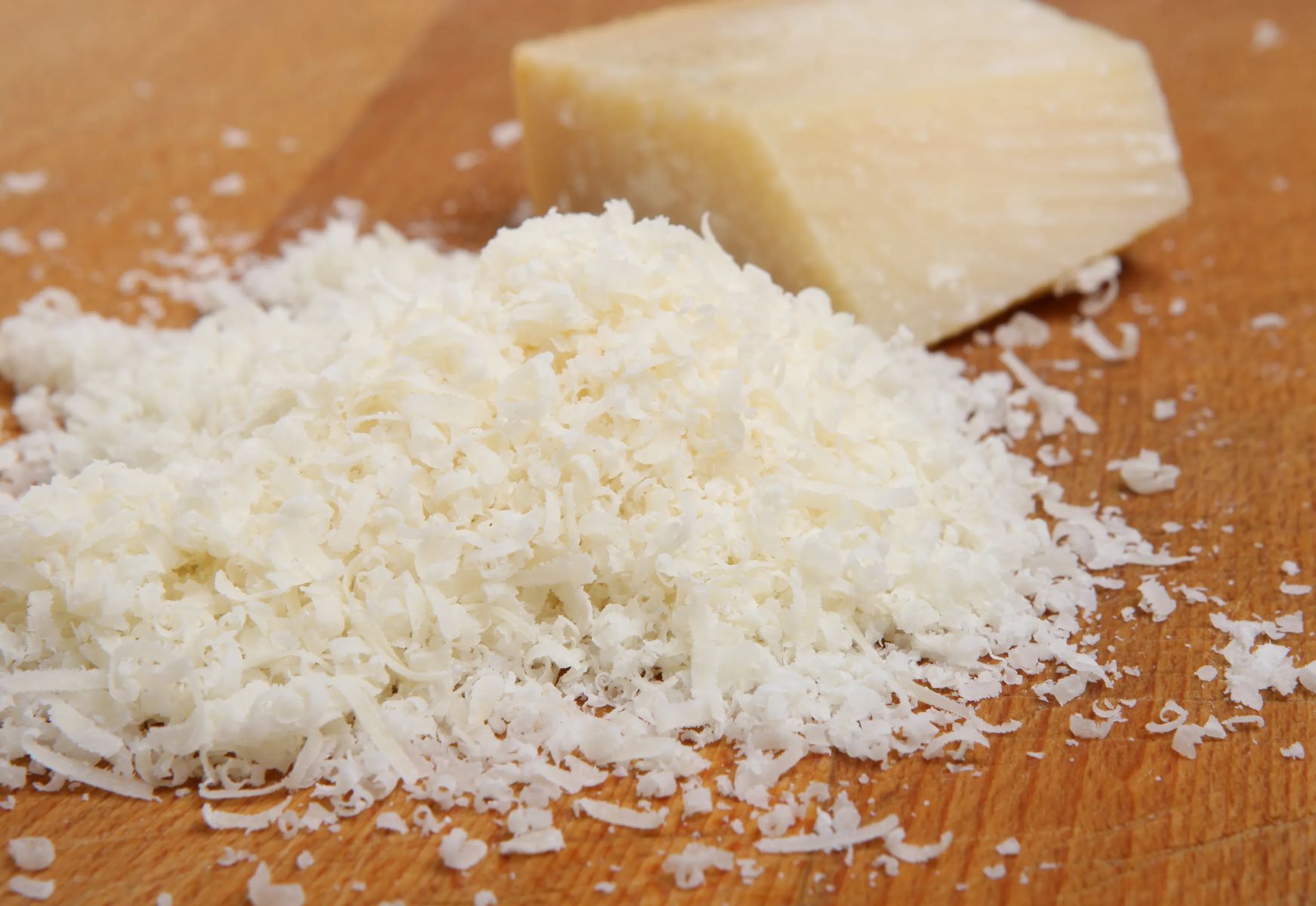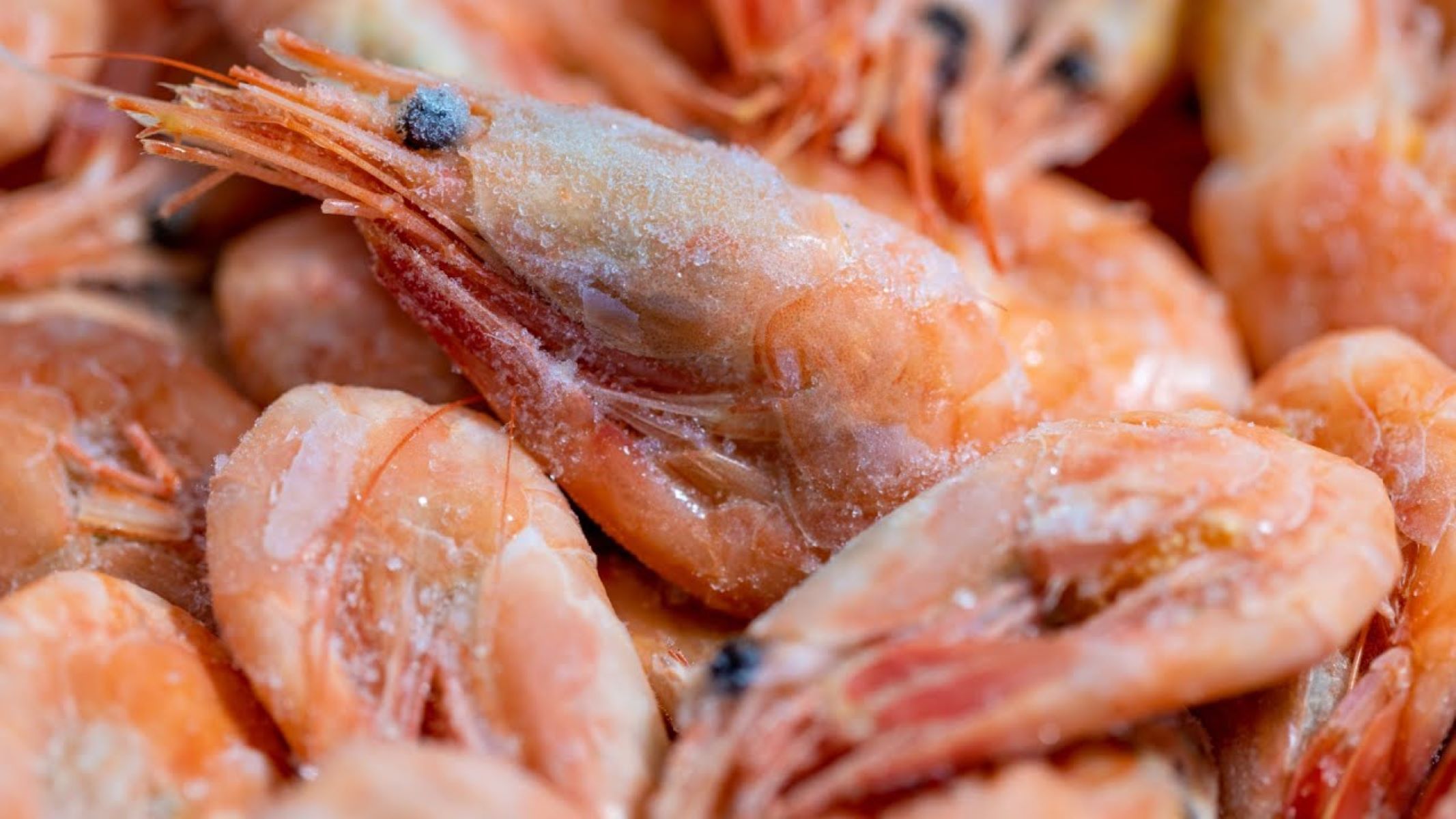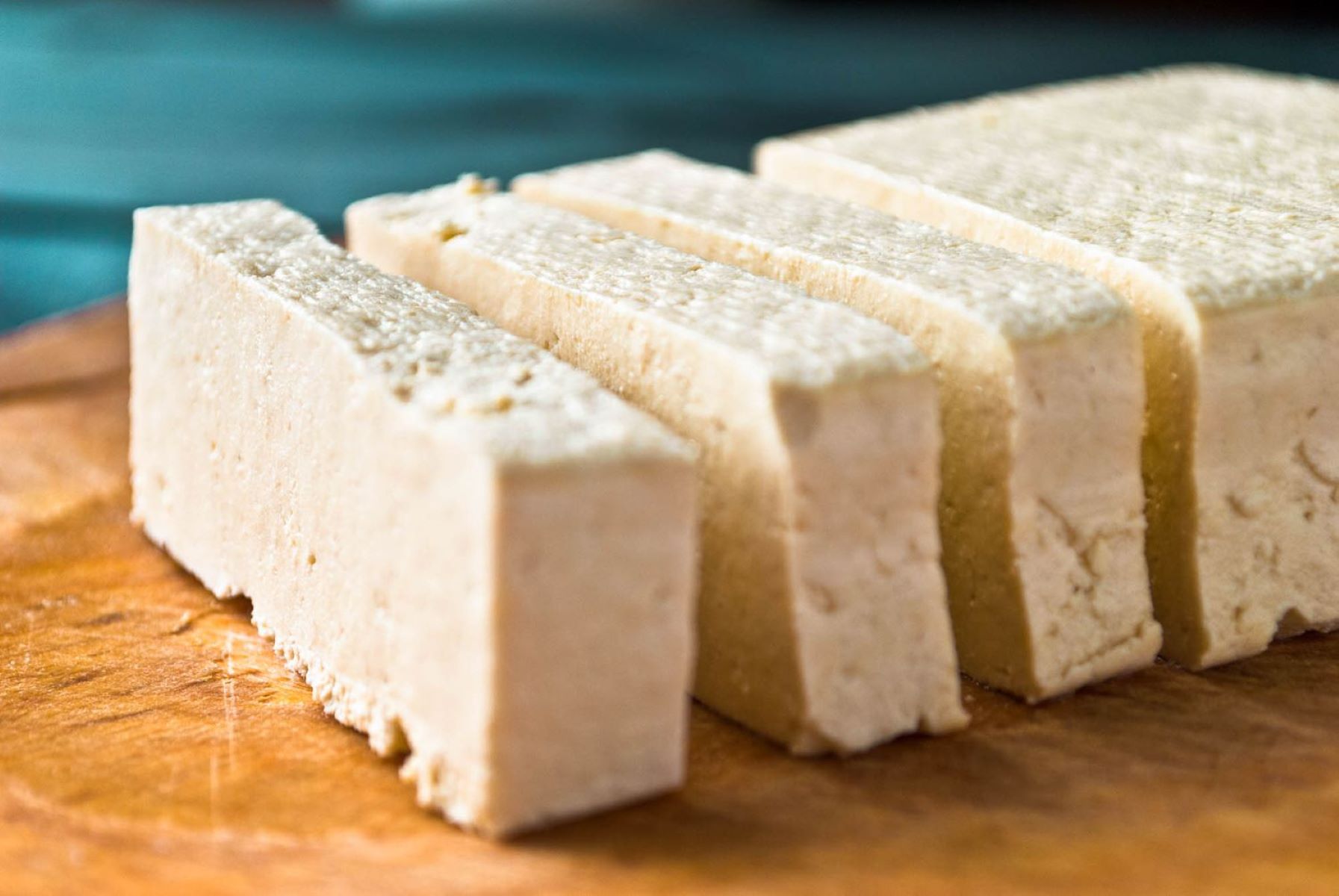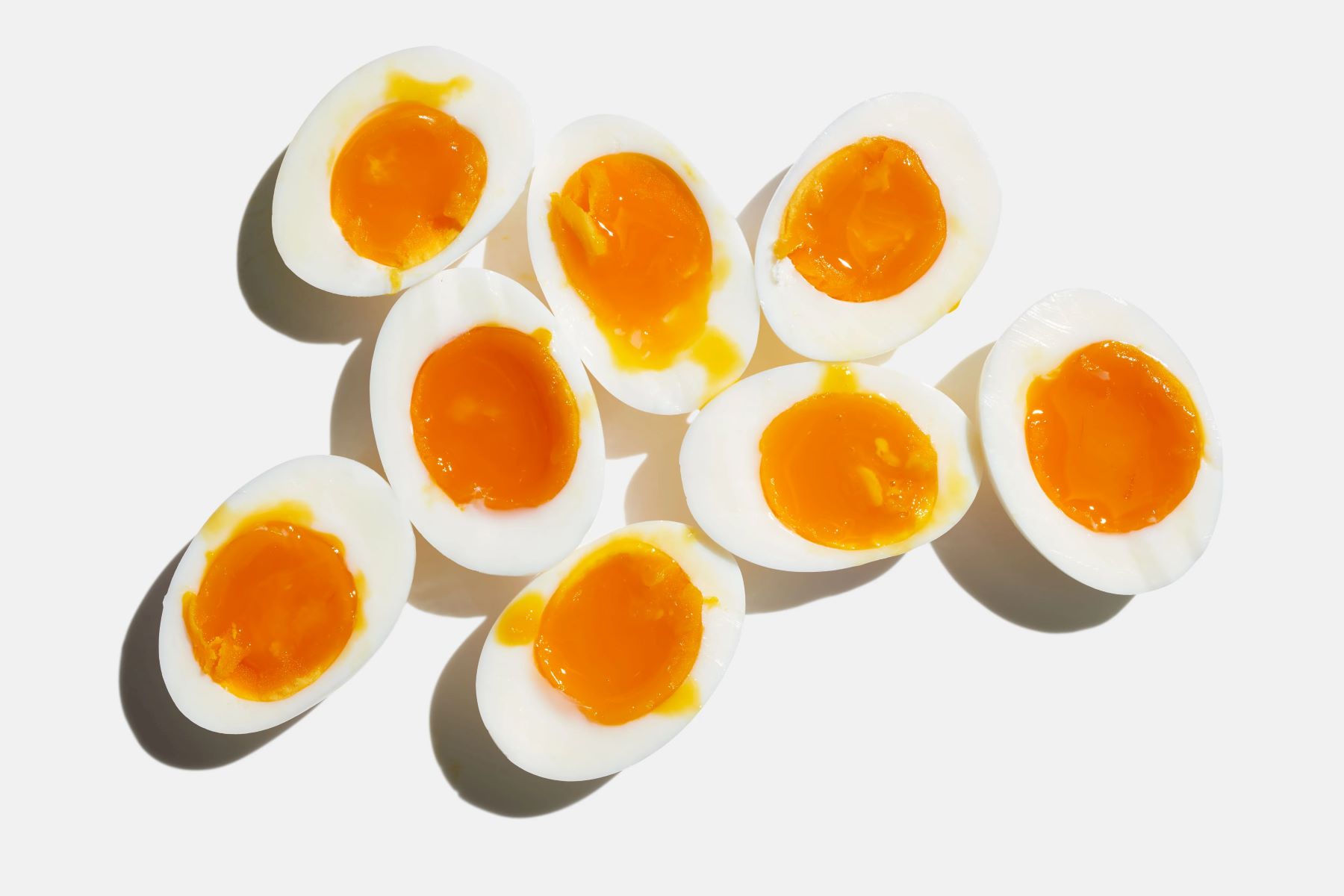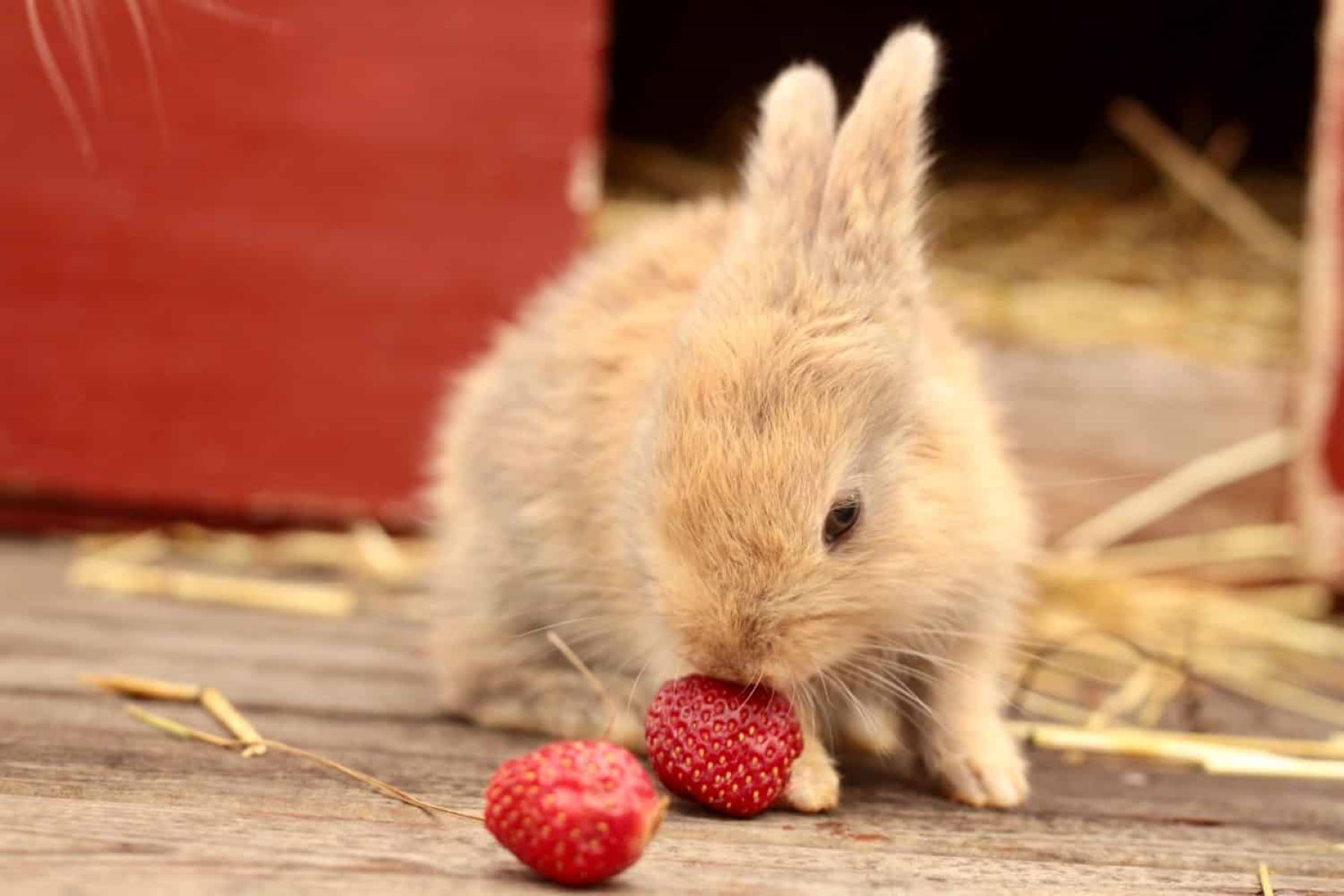Home>Food and Cooking>The Ultimate Guide To What Fruits Guinea Pigs Can Eat!
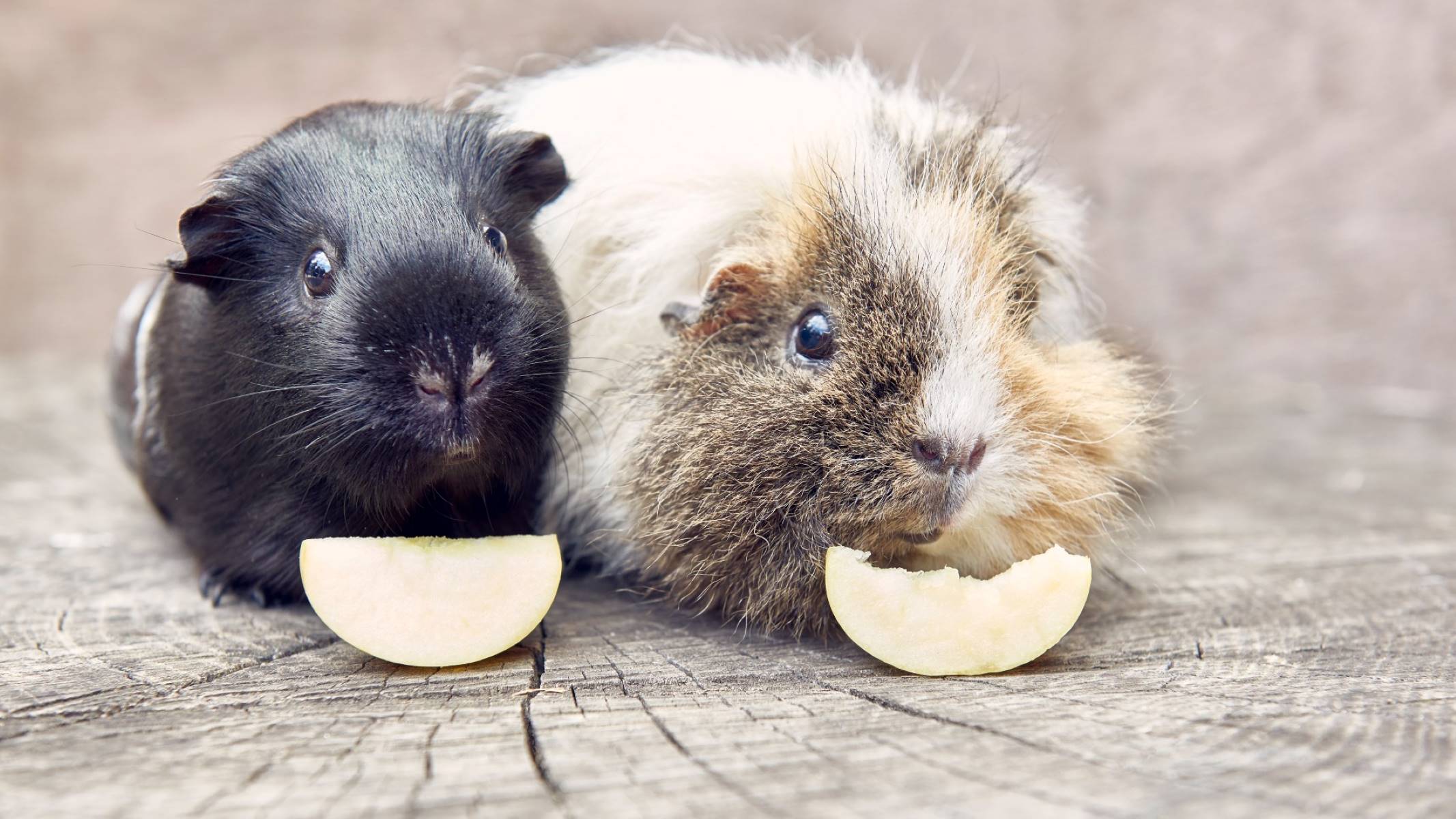

Food and Cooking
The Ultimate Guide To What Fruits Guinea Pigs Can Eat!
Published: February 15, 2024
Discover the ultimate guide to what fruits guinea pigs can eat! Learn about safe and healthy options for your furry friends. Explore food and cooking tips for guinea pigs!
(Many of the links in this article redirect to a specific reviewed product. Your purchase of these products through affiliate links helps to generate commission for Regretless.com, at no extra cost. Learn more)
Table of Contents
Introduction
Guinea pigs, with their endearing squeaks and gentle nature, have captured the hearts of many pet enthusiasts. As a responsible guinea pig owner, ensuring the well-being of these adorable creatures is paramount, and a crucial aspect of their care revolves around their diet. Understanding what fruits guinea pigs can eat is essential for providing them with a balanced and nutritious meal plan.
Guinea pigs are herbivores, and their diet primarily consists of hay, fresh vegetables, and a limited amount of fruits. While hay serves as the cornerstone of their diet, providing essential fiber for digestive health, incorporating a variety of fruits can offer vital nutrients and a delightful treat for these small pets.
In this comprehensive guide, we will delve into the world of guinea pig nutrition, exploring the safe fruits that can be included in their diet, as well as those that should be avoided. Additionally, we will discuss the proper method of introducing fruits to your guinea pig's diet to ensure their safety and well-being.
By gaining insight into the ideal fruits for guinea pigs and understanding the best practices for incorporating them into their diet, you can play a pivotal role in promoting the health and happiness of your beloved furry companions. Let's embark on this enlightening journey to discover the ultimate guide to what fruits guinea pigs can eat!
Understanding Guinea Pig Diet
Guinea pigs, also known as cavies, have specific dietary requirements essential for their overall health and well-being. As herbivores, their diet primarily consists of high-quality hay, fresh vegetables, and a limited amount of fruits. Hay, such as timothy, orchard grass, or meadow hay, is an indispensable component of their diet, providing essential fiber to support digestive health and dental wear.
In addition to hay, fresh and clean water should always be readily available for guinea pigs to stay hydrated. Vegetables play a crucial role in their diet, offering essential vitamins and minerals. Leafy greens, such as romaine lettuce, spinach, and kale, are excellent choices.
When it comes to fruits, moderation is key. While fruits contain natural sugars and essential nutrients, they should be offered in limited quantities to prevent potential health issues, such as obesity and digestive problems.
Understanding the dietary needs of guinea pigs is vital for their overall health and well-being. By providing a balanced diet that includes high-quality hay, fresh vegetables, and a limited amount of fruits, you can ensure that your guinea pig receives the necessary nutrients to thrive. It's important to consult with a veterinarian or a knowledgeable pet care professional to tailor the diet according to your guinea pig's specific needs, taking into consideration factors such as age, weight, and overall health.
By being mindful of their dietary requirements and making informed choices, you can contribute to the longevity and vitality of your beloved guinea pig companions.
Safe Fruits for Guinea Pigs
When it comes to incorporating fruits into a guinea pig's diet, it's essential to choose options that are safe and beneficial for their health. While fruits can provide essential vitamins, minerals, and natural sugars, it's important to offer them in moderation to prevent potential health issues. Here are some safe and delicious fruits that can be included in a guinea pig's diet:
-
Apples: Guinea pigs can enjoy small slices of apples, including the flesh and skin. Apples are a good source of vitamin C and fiber, which are essential for their overall health.
-
Strawberries: These sweet and juicy fruits can be a delightful treat for guinea pigs. Offering a small portion of strawberries provides them with vitamin C and antioxidants.
-
Blueberries: Rich in antioxidants and nutrients, blueberries can be a nutritious addition to a guinea pig's diet. These small fruits can be offered occasionally to provide variety and essential nutrients.
-
Bananas: A small piece of ripe banana can be a tasty and nutritious snack for guinea pigs. Bananas are rich in potassium and fiber, offering a delightful treat for these small pets.
-
Pears: Providing small slices of pear can offer guinea pigs essential vitamins and minerals. Pears are a good source of fiber and antioxidants, contributing to a balanced diet for these adorable pets.
-
Raspberries: These flavorful berries can be offered in small quantities as a special treat. Raspberries contain essential nutrients and antioxidants, adding variety to a guinea pig's diet.
-
Peaches: Offering small pieces of ripe peaches can be a delightful and nutritious addition to a guinea pig's diet. Peaches provide vitamins and minerals that contribute to their overall well-being.
When introducing fruits to a guinea pig's diet, it's crucial to start with small portions to gauge their response and prevent digestive upset. Always wash fruits thoroughly to remove any pesticides or residues before offering them to your guinea pig. Additionally, it's important to remove any uneaten fruits from their enclosure to maintain cleanliness and prevent spoilage.
By incorporating these safe fruits into a guinea pig's diet in moderation, you can provide them with essential nutrients and a delightful variety of flavors. Always consult with a veterinarian or a knowledgeable pet care professional for specific dietary recommendations tailored to your guinea pig's individual needs. With proper care and attention to their dietary requirements, you can ensure that your guinea pig enjoys a healthy and balanced diet that contributes to their overall well-being.
Fruits to Avoid
While there are several fruits that can be a delightful and nutritious addition to a guinea pig's diet, it's equally important to be aware of fruits that should be avoided due to potential health risks. Certain fruits may have adverse effects on a guinea pig's digestive system or overall well-being, making it essential to exercise caution when selecting their dietary options. Here are fruits that should be avoided when it comes to offering them to guinea pigs:
-
Citrus Fruits: Citrus fruits such as oranges, lemons, and grapefruits should be avoided. These fruits are highly acidic and can potentially cause digestive upset and mouth sores in guinea pigs. The high acidity levels in citrus fruits can lead to discomfort and may disrupt the delicate balance of a guinea pig's digestive system.
-
Fruit Pits and Seeds: Fruits with pits or seeds, such as cherries, apricots, and peaches, should not be given to guinea pigs. The pits and seeds of these fruits contain compounds that can be toxic to guinea pigs if ingested. Additionally, the small size of these pits and seeds poses a choking hazard and can lead to intestinal blockages.
-
High-Sugar Fruits: Fruits with high sugar content, such as grapes and raisins, should be avoided or offered sparingly. Excessive sugar intake can lead to obesity, dental issues, and digestive problems in guinea pigs. It's important to monitor their sugar intake and prioritize fruits with lower natural sugar content.
-
Avocado: Avocado is known to be toxic to many animals, including guinea pigs. The presence of persin, a natural fungicidal toxin found in avocados, can be harmful to guinea pigs if ingested. It's crucial to keep avocados away from guinea pigs to prevent potential health complications.
-
Fruit Pits and Seeds: Fruits with pits or seeds, such as cherries, apricots, and peaches, should not be given to guinea pigs. The pits and seeds of these fruits contain compounds that can be toxic to guinea pigs if ingested. Additionally, the small size of these pits and seeds poses a choking hazard and can lead to intestinal blockages.
-
Fruit Pits and Seeds: Fruits with pits or seeds, such as cherries, apricots, and peaches, should not be given to guinea pigs. The pits and seeds of these fruits contain compounds that can be toxic to guinea pigs if ingested. Additionally, the small size of these pits and seeds poses a choking hazard and can lead to intestinal blockages.
By being mindful of the fruits to avoid and understanding the potential risks associated with certain fruits, you can prioritize the well-being of your guinea pig companions. Always consult with a veterinarian or a knowledgeable pet care professional for specific dietary recommendations tailored to your guinea pig's individual needs. With careful consideration and informed choices, you can ensure that your guinea pig enjoys a safe and balanced diet that promotes their overall health and happiness.
How to Introduce Fruits to Your Guinea Pig
Introducing fruits to your guinea pig's diet requires a gradual and cautious approach to ensure their safety and well-being. Here are essential steps to follow when incorporating fruits into your guinea pig's nutritional routine:
-
Start Small: Begin by offering a small portion of a single fruit to your guinea pig. This allows you to observe their reaction and monitor for any adverse effects. A slice of apple or a few blueberries can serve as an initial introduction to fruits.
-
Monitor for Reactions: After offering the fruit to your guinea pig, observe their response closely. Look for signs of enjoyment, such as nibbling on the fruit with enthusiasm. Additionally, monitor for any signs of digestive upset, such as diarrhea or changes in stool consistency.
-
Gradual Introduction: If your guinea pig responds positively and shows no adverse reactions, you can gradually introduce a variety of fruits into their diet. However, it's essential to maintain moderation and offer fruits as occasional treats rather than daily staples.
-
Balanced Diet: Ensure that fruits complement the existing diet of hay and fresh vegetables, rather than replacing essential components. The majority of a guinea pig's diet should consist of high-quality hay, with vegetables and fruits serving as supplementary elements.
-
Consult with a Veterinarian: Before making significant changes to your guinea pig's diet, it's advisable to consult with a veterinarian or an experienced pet care professional. They can provide specific recommendations based on your guinea pig's individual needs and ensure that the introduction of fruits aligns with their overall dietary requirements.
-
Hygiene and Cleanliness: Wash fruits thoroughly before offering them to your guinea pig to remove any potential pesticides or residues. Additionally, promptly remove any uneaten fruits from their enclosure to maintain cleanliness and prevent spoilage.
By following these steps and being attentive to your guinea pig's response, you can introduce fruits into their diet in a manner that prioritizes their well-being. Always approach dietary changes with caution and seek professional guidance to ensure that your guinea pig receives a balanced and nutritious diet tailored to their specific needs.
Conclusion
In conclusion, understanding what fruits guinea pigs can eat is a crucial aspect of responsible pet ownership. By gaining insight into the dietary needs of these small and endearing creatures, you can play a pivotal role in promoting their health and well-being. The safe fruits mentioned, such as apples, strawberries, blueberries, bananas, pears, raspberries, and peaches, can provide essential nutrients and a delightful variety of flavors for guinea pigs when offered in moderation. However, it is equally important to be aware of fruits that should be avoided, such as citrus fruits, high-sugar fruits, and fruits with pits or seeds, to prevent potential health risks.
Introducing fruits to a guinea pig's diet requires a gradual and cautious approach, starting with small portions and closely monitoring their response. By prioritizing a balanced diet that includes high-quality hay, fresh vegetables, and a limited amount of fruits, you can ensure that your guinea pig receives the necessary nutrients to thrive. Consulting with a veterinarian or a knowledgeable pet care professional for specific dietary recommendations tailored to your guinea pig's individual needs is essential for their overall health.
By being mindful of the fruits to avoid and understanding the potential risks associated with certain fruits, you can prioritize the well-being of your guinea pig companions. With careful consideration, gradual introduction, and attentive observation, you can incorporate safe fruits into their diet to provide essential nutrients and a delightful variety of flavors while maintaining their overall health and happiness.
In essence, the ultimate guide to what fruits guinea pigs can eat emphasizes the importance of informed choices, moderation, and attentive care when it comes to their dietary requirements. By embracing these principles and prioritizing the well-being of your beloved guinea pigs, you can create a nurturing and enriching environment that supports their vitality and joy.


